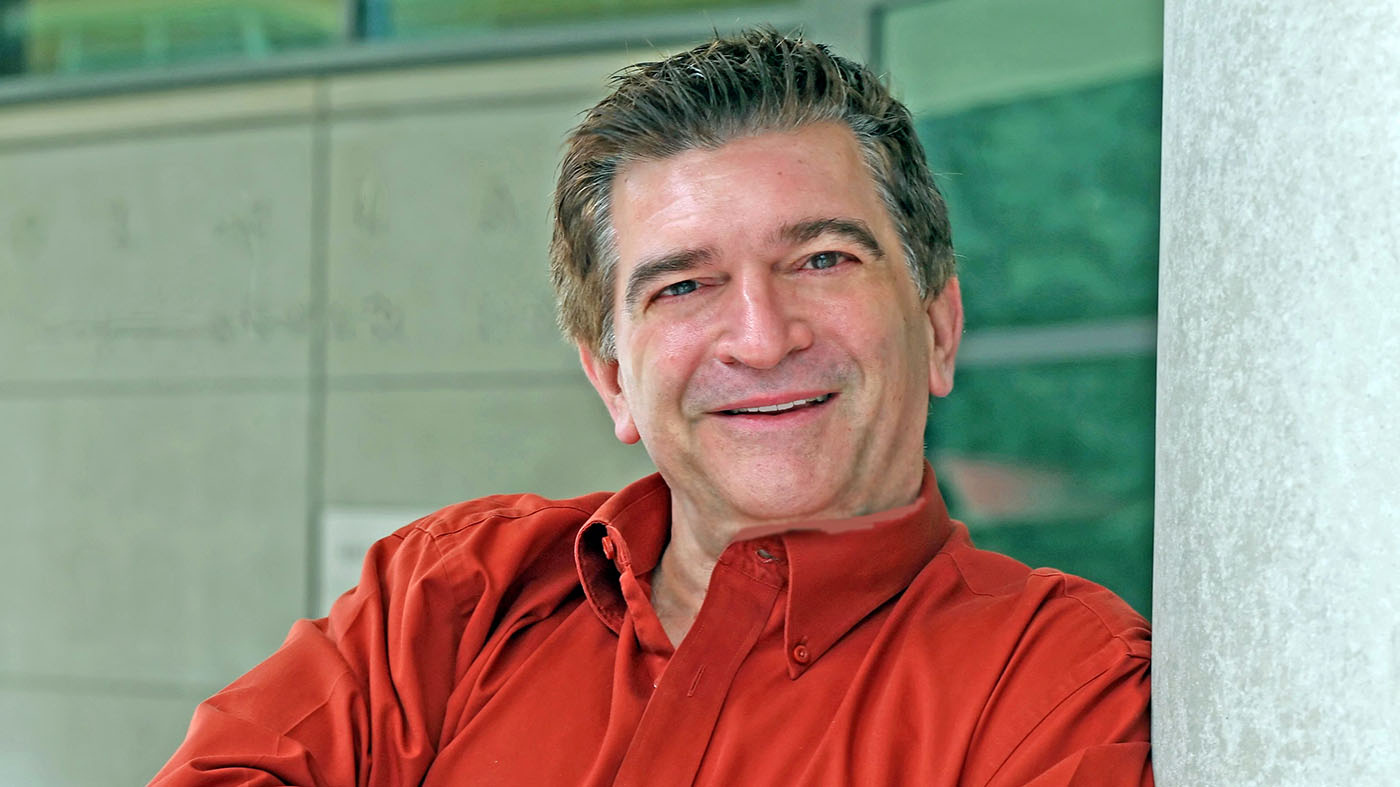Considering David Skover’s many accomplishments as a legal scholar and professor, it almost strains credulity that law was his backup career plan. As a young man, his first love was singing and performing in operatic productions and musical theater.
As he prepares to retire after 40 years as law professor, he recalled his father’s prudent advice to pursue his performance dreams only with an alternate plan in place. “Even though my vocal and acting talents were developing quite nicely, my father urged me to follow two career paths simultaneously, one of them offering a more secure lifestyle,” he said.
It was secure, indeed. With expertise in constitutional law, federal courts, mass communications, and the First Amendment, Skover taught and mentored generations of Seattle U Law students. He also authored or co-authored 10 books and more than 40 articles, published in the nation’s top law journals.
While still embracing the hopes of a professional singing career, Skover earned a bachelor’s degree from Princeton University, propelling him to Yale Law School. It was there he discovered his other great passion: constitutional law. “I credit Professor Bruce Ackerman and his Con Law seminars for engaging my mind at a level of sophistication that inspired me to broaden and deepen my understanding of the subject,” he said.
After clerking for Judge Jon O. Newman at the Second Circuit Court of Appeals, Skover gave himself one last chance to make it as a singer. He moved to San Francisco for a part-time position in the trademark department of Levi Strauss & Co., which enabled him to train at the San Francisco Academy of Music and perform regionally. Law eventually won out. “At long last, my mind was resolved and my spirit was reconciled to treat music as an extracurricular activity,” he said.
Not long after, in 1982, Skover joined the faculty of University of Puget Sound School of Law (which was later acquired by Seattle University), launching a four-decade academic career. In 1994, he became the Fredric C. Tausend Professor of Law, a position named for the school’s former dean.
“My experience as a teacher of bright, dedicated, and hard-working students is quintessential to my role as a professor. It has been a pleasure and privilege to work with so many young men and women who graduated from this institution and became distinguished leaders in their respective fields,” Skover said.
One of those students was King County Superior Court Judge Judith H. Ramseyer ’87, who took Skover’s Constitutional Law course as a part-time student. She recalled how his talent as a performer enabled him to fill the room with his compelling stage presence.
“He’s an intense guy, and his teaching was intense. But I valued the challenge and how it caused me to dig deep,” she said. “He demanded analytical rigor, and to take my work very seriously. I am in a position now where I can affect people’s lives, and I’m not going to phone that in. It’s a principle that Professor Skover reinforced.”
Seattle U Law is also where he discovered and developed his scholarly voice. Working primarily with his long-time professional partner, Ronald Collins, a former University of Washington law professor, Skover co-authored several books – including “The Death of Discourse,” “On Dissent: Its Meaning in America,”“The Judge: 24 Machiavellian Lessons,” and “Robotica: Speech Rights & Artificial Intelligence” – and dozens of law review articles.
One of his notable career triumphs came in 2003, when Skover and Collins successfully petitioned New York Gov. George Pataki to posthumously pardon the late comedian Lenny Bruce for his conviction on obscenity charges for using foul language in his act.
Much of Skover’s scholarship has explored new ways to interpret the First Amendment. Most theorists proceed deductively, from the top down, imposing yesterday’s worlds of theory onto today’s ways of practice. “In stark contrast, Collins and I advocate a bottom-up approach to the First Amendment, one that is culture-centered,” he said. “Looking at America’s public speech as it is actually experienced reveals that mass communication dramatically deviates from the traditional and lofty free speech ideals of meaningful and rational discourse in the service of the civic good.”
For four decades, the theater world’s loss has been the law school’s gain.
“Professor Skover’s retirement marks the end of a long and remarkable career with the law school. He invests in people in life-changing ways. Time and again, he has opened many a door to help someone,” Collins said. “As his co-author for nearly four decades, I can affirm that the scholarly and public acclaim we are fortunate to have received would have been impossible without David’s invaluable collaboration.”

